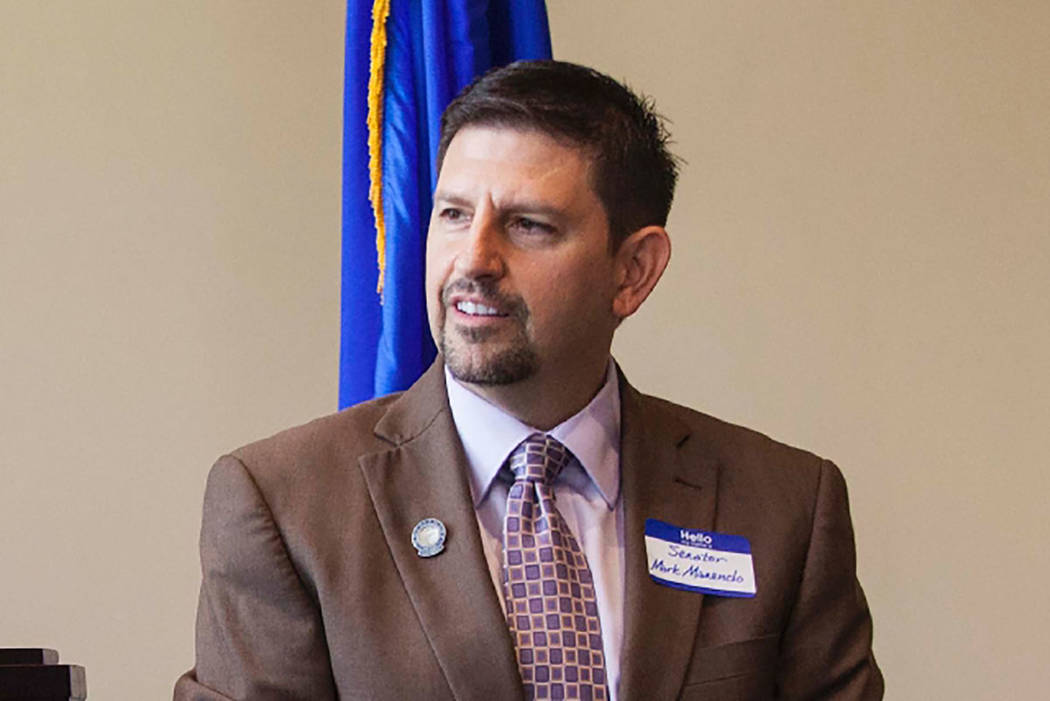The Nevada Supreme Court has made it clear that public officials cannot skirt the state public records law by using privately owned electronic devices to conduct the public’s business.
This past week the court unanimously overturned a lower court ruling that rejected a request for records from Lyon County commissioners because those records were not stored on devices owned by the county. The county conceded that public business was indeed conducted using personal phones and email addresses. The county website even lists those phone numbers and email addresses as the commissioners’ contact information.
“The use of private entities in the provision of public services must not deprive members of the public access to inspect and copy books and records relating to the provision of those services,” wrote Justice Michael Cherry, author of the opinion.
The Nevada Public Records Act (NPRA) states that, unless otherwise specifically exempted by law, “all public books and public records of a governmental entity must be open at all times during office hours to inspection by any person, and may be fully copied or an abstract or memorandum may be prepared from those public books and public records.”
Cherry further clarified, “In light of these requirements, (NPRA) cannot be read as limiting public records to those that are physically maintained at a government location or on a government server and are immediately accessible to the public during the business hours of that governmental entity. Such an interpretation would render … (the law) meaningless, as the records of private entities rendering public services would not necessarily be stored at the government office, and providing a time frame for resolving a records request would be unnecessary if records were required to be immediately produced for inspection at that location.”
Barry Smith, executive director of the Nevada Press Association, called the ruling important and substantial.
“If it had gone the other way, it would have created a gaping loophole in the law,” Smith said. “During oral arguments, justices asked the right questions. Essentially, they wondered, ‘How could the open-records law work if public officials could simply avoid it by using their personal devices?’”
Smith noted that John Marshall, the attorney for Lyon County citizens seeking the records, had a good analogy. “He said it would be like an official typing up a county document on his own typewriter at home and storing it in his personal filing cabinet. The principle remains the same. If it was public business, then it was a public document,” Smith explained.
Nevada Policy Research Institute Transparency Director Robert Fellner issued a statement saying, “In finding that public officials cannot hide their activities by simply conducting government business on personal devices, the Court reinforces the mandate within Nevada’s Public Records Law that it ‘be construed liberally to carry out [the] important purpose’ of a transparent and open government.”
In order for the public to properly evaluate the conduct of their elected and appointed officials, they must be able to see, hear and read what those officials are doing, why they are doing it, how they are doing it and for whom.
In this particular case Lyon County commissioners had rejected a zoning request for an industrial development, but later reversed themselves. Citizens filed a public records request seeking access to communications about the zoning matter whether contained on public or private devices.
Cherry’s opinion made it abundantly clear that public business must be transparent, writing, “We conclude that the NPRA does not categorically exempt public records maintained on private devices or servers from disclosure. To withhold a public record from disclosure, the government entity must present, with particularity, the grounds on which a given public record is exempt.”
We applaud the court for again upholding the public’s right to know.
A version of this editorial appeared this week in some of the Battle Born Media newspapers — The Ely Times, the Mesquite Local News, the Mineral County Independent-News, the Eureka Sentinel, Sparks Tribune and the Lincoln County Record.


